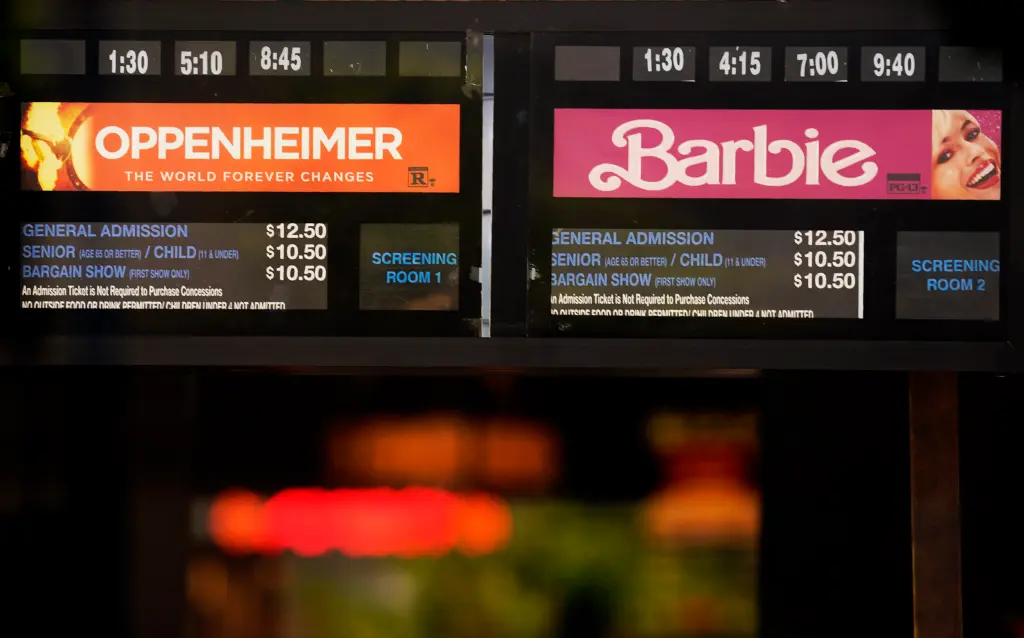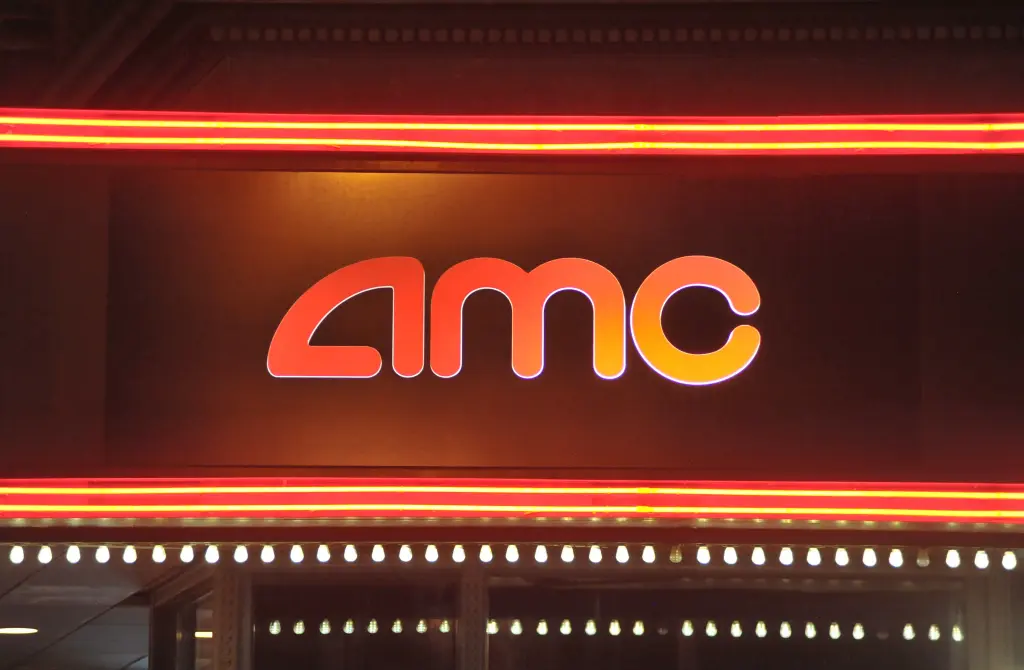It was December of 2021. I had COVID and was on the verge of being officially diagnosed with prostate cancer. Things were pretty bad and suddenly got worse: I noticed “Fire Gasparino” trending on Twitter — not because I had made up a story, or defamed someone.
My “sin” was reporting, continuously and accurately, that an investment cult had formed around the stock of the troubled movie theater chain known as AMC, pushing its shares well above where they should be. And like most cults, this one wouldn’t end well.
The abuse lasted through Christmas. I guess I could have wilted and joined some of my colleagues in heralding the small investor-led movement around the stock as something biblical. David slays Goliath.
I didn’t and kept reporting the story behind one of the most absurd and now costly stock pumps in recent history.
These days, I’m glad I did.
Yes, I survived COVID, my cancer diagnosis and getting vilified by a Twitter mob just fine. In fact better than fine because of what happened next: The stock imploded as I reported it would. AMC was burning loads of cash, heading for bankruptcy or massive dilution to raise much-needed capital, neither good for shareholders.
Shares are down 95% since December 2021. About 10 days ago, the stock’s crash and burn was complete as the company took concrete steps toward the issuance of a ton of new shares (aka diluting existing shareholders) and stay out of bankruptcy. Were it not for a bit of financial alchemy in a 10-for-1 reverse stock split, AMC’s stock price would be reading just above $1.

AP
I’m not taking joy in people losing money but in people saving some. Anyone who followed my reporting on AMC saved themselves some real money. Those who followed cultists, the self-described AMC Apes or the cheerleading pseudo-journalists are paying the price.
Phil Graham, the brilliant but troubled former publisher of The Washington Post, came up with the truism about the profession of journalism as being the “first rough draft of history.” That was back in the early 1960s before he killed himself in a fit of depression.
I wonder what Phil Graham would call what goes down on the rebranded Twitter site X or any of the other instantaneous social-media feedback loops that are now competing with real reporting. A really, really, really rough draft of history?
A ‘breeding ground’
Social media is great in so many ways. Yes, it’s a draft of history, even if it’s really rough, and that often serves a purpose through the exchange of ideas to make an informed judgment. It’s also an outlet for people desperately searching for purpose, and while they’re at it, indulging in their worst instincts and behaviors. It’s a breeding ground for the cult.
How cults are created is an age-old question. The result is deadly and near deadly stuff like Jonestown and Pizzagate — and the financially deadly stuff that surrounded the stock of AMC. The weird notion that a cabal of greedy hedge funds, hell-bent on destroying the nation’s largest movie theater chain, were shorting the stock (betting its price would collapse) in dark corners of Wall Street does seem appealing.
That average people could buy this stock, and destroy a bunch of nasty hedge funds while becoming rich, even more so.
Just one problem: Nothing close to what the cult was blathering about was true. The “evidence” of this scheme thrown around Twitter or the Reddit message boards was of the wackadoo variety. And If you dared question the illogic, as I did, be prepared for harassment like you’ve never seen before.

The power of social media is intense and crazy, of course, and it made this cult particularly nasty and resilient over the past two-plus years. That is until the hammer finally fell just days ago and the AMC cult ended like they all do — in disaster.
It’s a shame more reporters didn’t call this out. It was so obvious based on what you can find on a balance sheet. Short sellers made hundreds of millions of dollars in August because AMC’s finances included massive cash burn, lots of debt and movie attendance that due to streaming hasn’t returned to pre-pandemic levels.
CEO Adam Aron, not exactly a short seller, recently explained AMC’s situation in a call with analysts. Business is getting better — “Barbenheimer” was a box office hit; a Taylor Swift film coming to AMC theaters in October is crushing it in pre-sales. But he said that if he can’t raise money by selling more stock, Chapter 11 is almost inevitable. He recently beat back an Ape-inspired lawsuit challenging his dilution plan, because they believe AMC is really doing just fine and doesn’t need the money.
It does, of course, and the coming dilution is why AMC, for now, and maybe for the foreseeable future, is still in business, even as its stock is battered and bruised.
Some of the Apes are still “HODL” (“holding on for dear life,” in the lingua franca of the cult), and still attacking those they see as backing the evil hedge funds. That’s scary.
Even more scary: Far too many reporters over the past three years sought the cult’s approval because it feels good to be applauded on social media. It also helps you build your followers, which is also idiotically important to reporters these days.
They are truly sellouts to the profession, because they should know, based on the history, cults never end well.
This article originally appeared on the NY Post and is redistributed with permission of the author.


